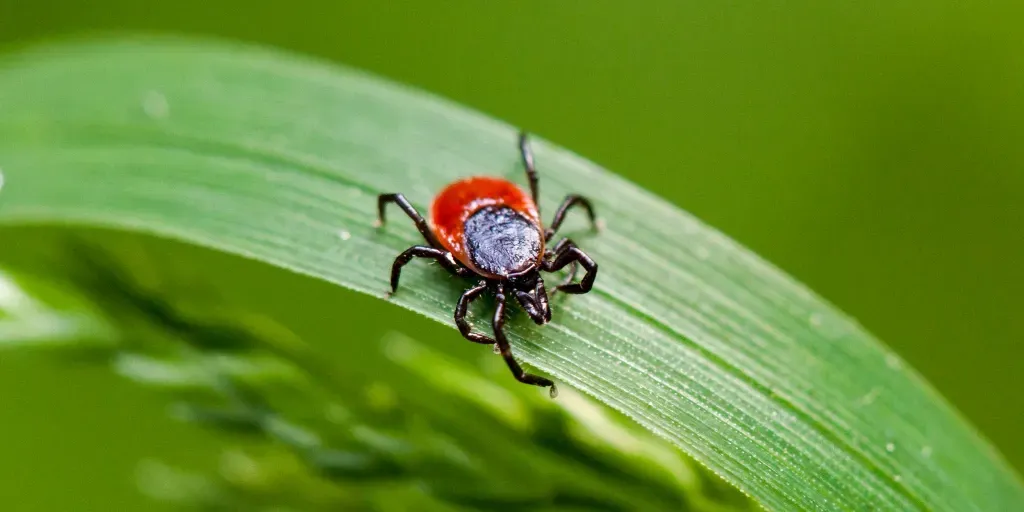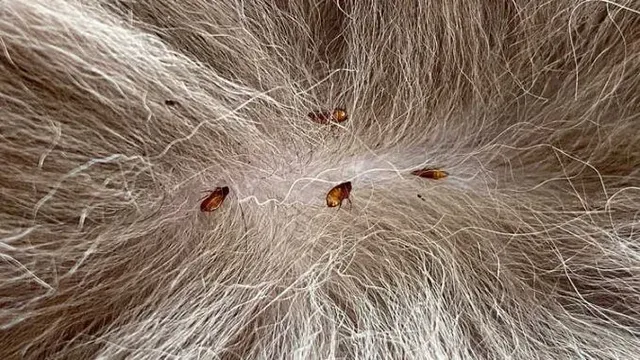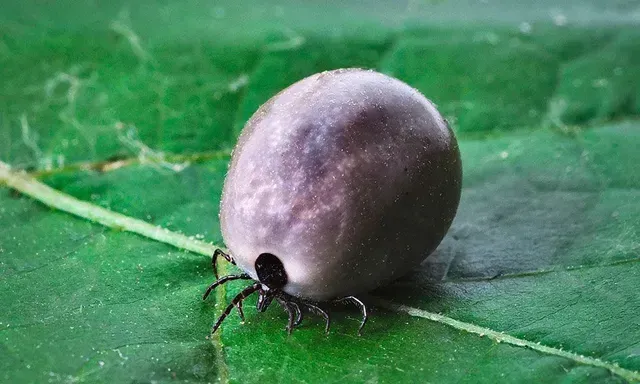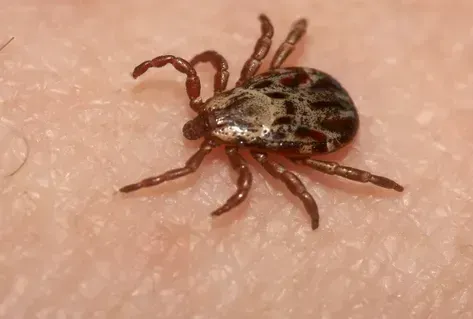Flea - Tick Extermination
$39 Pest Control
$39 monthly Pest Control
Choose Us for Pest Control
- Satisfaction Guarantee
- Safe, Effective, & Affordable Pest Control
- Pet and Eco Friendly
- Award Winning Service
- Family Owned & Operated
- Over 20 Years Experience
- Free Re-treatment When Applicable
- Licensed, Bonded, Insured

Superior Pest Protection
Fleas
Fleas are small, wingless parasitic insects that feed on the blood of mammals and birds. They are typically about 1-3 mm in length and have flattened bodies that allow them to move easily through an animal's fur or feathers. Fleas have strong legs that are adapted for jumping, which enables them to quickly move from one host to another.
Fleas are a common problem for pet owners, as they can infest dogs and cats and cause itching, irritation, and in some cases, even more serious health problems. Fleas can also bite humans and cause discomfort and allergic reactions. It's important to take steps to prevent and treat flea infestations, such as regular grooming, using flea prevention products, and keeping your home and yard clean and free of debris.

What do fleas eat?
Fleas are parasitic insects that feed on the blood of their host animals, which can include mammals and birds. Fleas use their specialized mouthparts to pierce the skin of their host and suck their blood. They have sharp, saw-like jaws that help them cut through the skin, and a long, straw-like tongue called a proboscis that they use to suck up the blood.
Fleas require blood to survive and reproduce, and they can consume up to 15 times their body weight in blood in a single feeding. Without a blood meal, adult fleas typically only live for a few days to a couple of weeks.
While fleas primarily feed on the blood of their hosts, they do not actually live on or in the host's body, but instead, they infest their host's environment, such as their bedding or carpet, and jump onto their host to feed.
Superior Pest Protection
Wood Ticks
Wood ticks are a type of tick that commonly live in wooded areas and attach themselves to animals and humans. They are also known as American dog ticks. Wood ticks are typically reddish-brown in color and have eight legs. They are larger than other types of ticks, with females growing up to the size of a small grape, while males are smaller.
Wood ticks are known to carry various diseases, such as Rocky Mountain spotted fever, tularemia, and tick paralysis. Therefore, it is important to take precautions when spending time in wooded areas and to check yourself and your pets for ticks after being outdoors. If you find a tick attached to your skin, it is recommended to remove it promptly using tweezers and to clean the bite area with soap and water.

What do ticks eat?
Ticks are parasitic arachnids that feed on the blood of their hosts, which can include mammals, birds, and reptiles. Ticks use their sharp mouthparts to pierce the skin of their host and feed on their blood.
Adult ticks are the most likely to feed on humans, dogs, and other large mammals, obtaining all the nutrients they need from their blood meals. Ticks can transmit diseases such as Lyme disease, Rocky Mountain spotted fever, and ehrlichiosis.
Deer Ticks
Deer ticks, also known as blacklegged ticks, are a type of tick that are primarily found in wooded and grassy areas in North America. They are called deer ticks because they often feed on the blood of deer during the adult stage of their life cycle.

Deer ticks are small, typically about the size of a poppy seed or a pencil tip. They have a distinctive appearance, with a reddish-brown body and black legs.
Deer ticks are known to transmit several diseases, including Lyme disease, anaplasmosis, and babesiosis. These diseases can be serious and may cause a range of symptoms, including fever, headache, muscle aches, and a characteristic rash.
How do I control ticks?
- If ticks are a problem in your yard or on your pets, you may want to consider having your yard treated by hiring a professional exterminator.
- Remember that ticks can carry diseases, so it's important to take precautions and seek medical attention if you experience symptoms of a tick-borne illness, such as fever, headache, or a rash.
Superior Pest Protection


